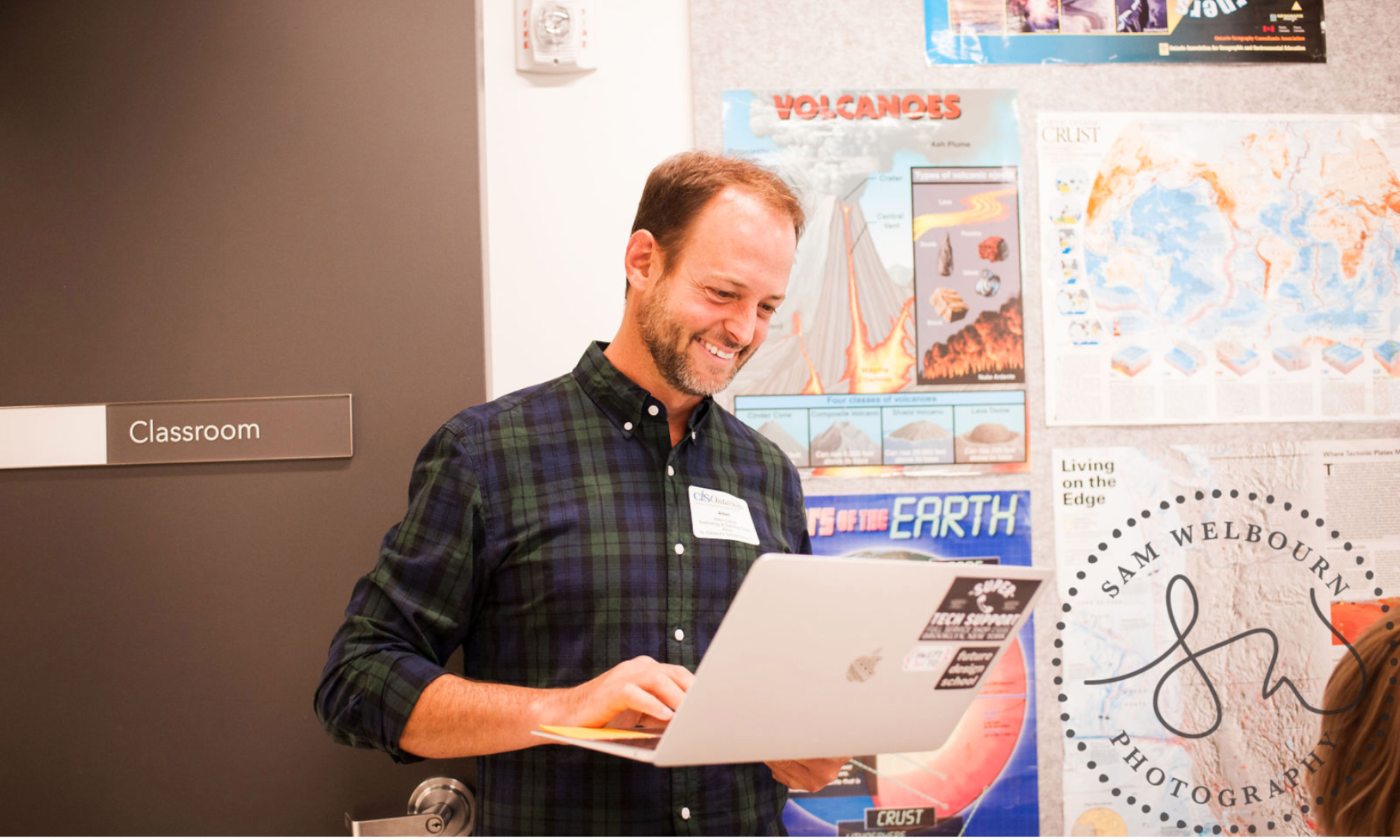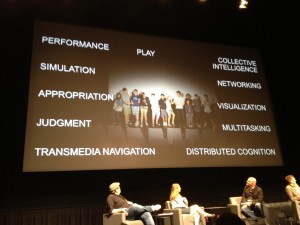On Donuts
Someone once told me that it would be better for me to eat a dozen donuts in one day than a single donut every day for 12 days.
It has been a while since that day and I wasn’t listening with especially detailed attention, but my recollection of the reason was that the body has a threshold for fat and once it reaches that threshold, the body directly passes the rest.
I think of this story from time to time because it reminds me that the same raw materials can have a different effect depending on how you handle them.
On Experts
The pressures and resources associated with organizing a PD Day — mostly the brief-but-intense period of time and the limited-but-earmarked amount of money — sometimes result in the procurement of an “expert” to come into the school to deliver an address to staff or faculty on a topic chosen by the organizers (often the same people responsible for the time and money).
This can lead to a feeling that PD is “being done to” staff, that it takes people from outside the organization to provide the group with ideas of significance, or that the single-day dose of inspiration and ideas will provide a clear map of the road ahead.
I’m pleased to say that on Friday, Nov 9, our school didn’t do that.
On Learning Communities
On our most recent PD day, after an assembly for updates and direction, staff were offered a choice of topics.
Sessions included:
- differentiated offerings for teaching with SMART Boards
- a round-table discussion about assessing using rubrics
- a shared forum for teachers to share their use of WikiSpaces, Weebly and Edmodo
- a launch and follow-up look at Action Research



